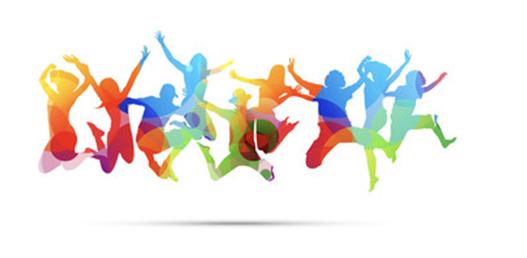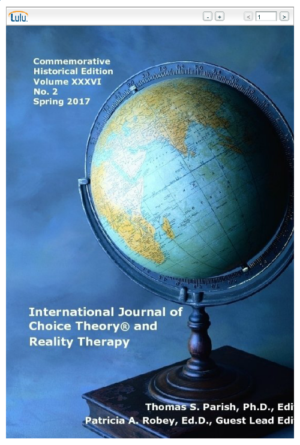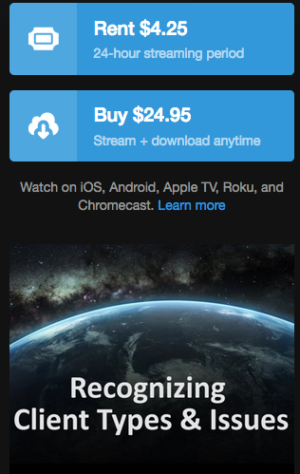
“The Big Leap” by Gay Hendricks
This book outlines how we each have “upper limits” that stop us from taking the big leap to our next level of success. These limits are operating in each of the different aspects of our life. They are present in work, relationships, and even creative endeavors. The term “upper limits” applies to the pattern of putting on the brakes, or somehow managing to stop yourself from living your full potential. When you step more fully into your potential the ego has less influence and control and it therefore will do all it can to prevent this. Beliefs are the major way the ego has of stopping us. Beliefs about what can do, what we deserve, and even what is possible.
Gay Hendricks asks:
- Are you willing to increase the amount of time that you feel good inside?
- Are you willing to increase the amount of time that your whole life goes well?
- Are you willing to feel good and have your life go well all the time?
It may feel easy to say yes to the first two questions but if you felt a twinge of discomfort on the last statement and whether it is even possible, this is resistance in the form of a limiting belief.
Here are a few more questions to consider:
- How much happiness and exuberance are you comfortable with?
- Are you uncomfortable with other people’s success, or question how they got it?
- Are you suspicious when things work out easily or quickly?
These questions can point to where you have self-imposed limits.
Where do “upper limits” come from?
There are three main ways that upper limits originate:
- From your family environment
- From an experience where you were “knocked down/disappointed/hurt”
- From a desire to help someone else feel better, by limiting yourself
Let me offer some examples to expand the above 3 categories.
In the family environment you may have grown up being taught unconsciously or sometimes explicitly, not to expect too much from life. It may have been the feeling of “we’re poor or things never work out”. The attitude is “this is just the way things are AND they aren’t going to change. And this does not need to be spoken out loud necessarily. Or you may not have ever seen someone YOU know, do really well. Or you did know someone who did well and you heard adults criticize or condemn them or they paid for it in a negative way like getting hurt, sick, divorced, etc.
If you experienced being knocked down and this occurred after you just experienced success you may form the belief that you shouldn’t be so happy or proud. “Don’t get too big for your britches” captures the feeling of this one. Almost instantly success can be paired with a negative experience and feeling.
The third main way we limit ourselves shows up when we sense that our success could or is making someone else feel less than or bad. Now, for the sake of another person’s feelings, we have to mute or downplay our success. If we don’t, we look like an insensitive person.
What experiences from your own life come to mind as you think about these three categories? What did your family teach you, whether intentionally or not? What happened to you when you were successful or tried to be? And did you ever downplay your success and if so why?
Here are a few other questions to consider:
- I can’t expand into my full potential because__________________________________________
- I can’t expand to my full success because_____________________________________________
- I can’t be the real leader I want to be because_________________________________________
- I can’t have the financial freedom I want because______________________________________
Ultimately, all upper limits result from limiting beliefs. These beliefs are almost invisible to us because they became part of us long ago. It’s almost like they “slipped” in when we were sleeping. Getting at the root of these beliefs, and clearing them from our system is very important for our health, well-being, and success. If you know you want to move ahead more powerfully, or feel happier and more alive, consider getting help to address your limiting beliefs.
The Big Leap Worksheet Download >





